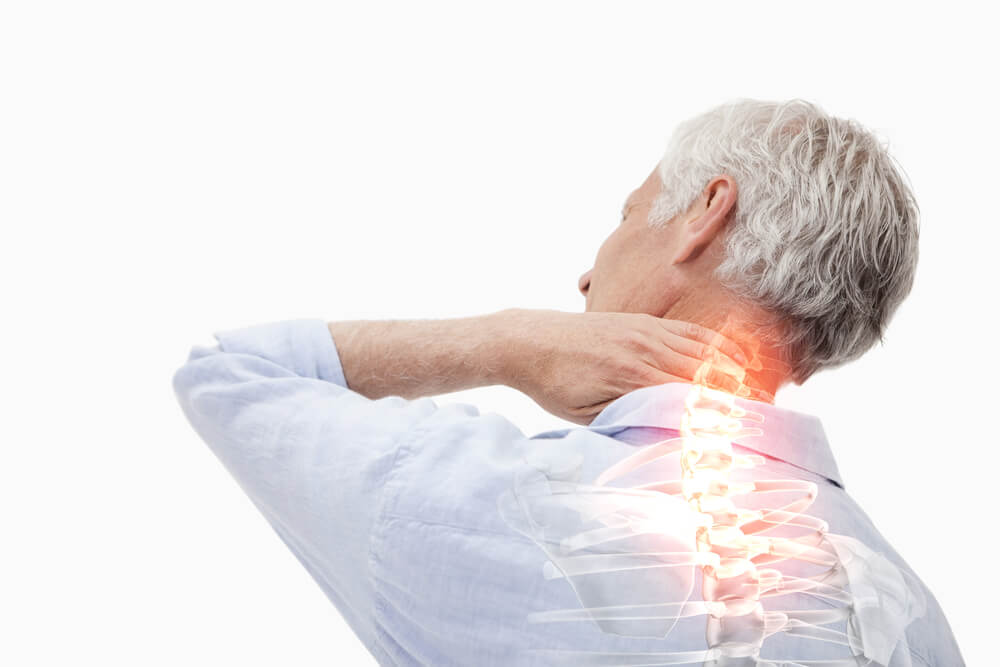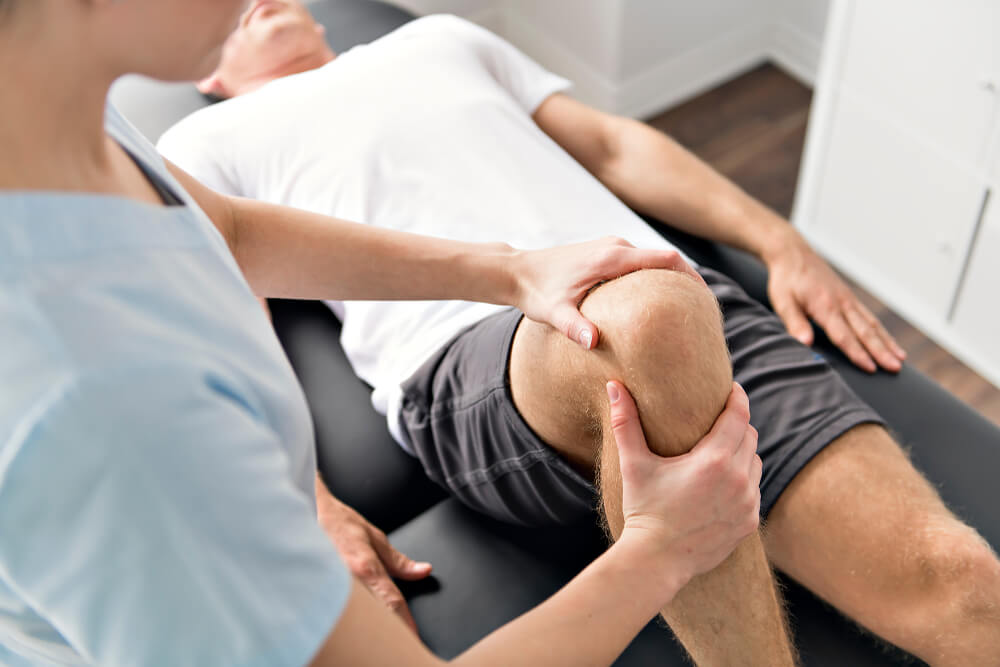
Chronic pain is pain that is persistent for more than three months, or beyond the normal healing time. It can affect people in different ways, varying from mild to severe, but can have an overall huge impact on the life and livelihood of an individual.
There are various causes of chronic pain – or sometimes there’s no identifiable cause. People that suffer from chronic pain may experience other conditions, such as anxiety and depression, as a result of their persistent pain.
If you’re suffering from a long-term chronic illness or condition, you may be wondering how to deal with chronic pain. The good news is there are several forms of treatment that may be effective for you, depending on your level of pain and chronic condition.
What Causes Chronic Pain?

There are different forms of chronic pain, such as nerve pain, bone conditions, joint pain, or muscle pain. It’s worth noting that sometimes there is no obvious cause for chronic pain.
Often, chronic pain results from other conditions such as rheumatoid arthritis, osteoporosis or cancer. Acute pain (such as the pain resulting from a sudden injury) can sometimes lead to chronic pain if poorly treated or ignored. Chronic pain can sometimes result after a surgical procedure or other medical treatment.
The nervous system is responsible for sending pain signals from an injured body part to the brain. In the instance of chronic pain, the pain signals or nerves are acting unusually or are overly sensitive, or the brain is misreading other signals as pain.
Managing Chronic Pain At Home
Chronic pain can greatly affect the daily life of sufferers. It can lead to mental conditions such as depression and changes in mood. Often, people suffering from chronic pain may decide to stop exercising and moving their bodies in fear of making the pain worse. But this can have the opposite desired effect, leading to loss of strength in the body and increased stiffness – which, in turn, leads to more pain.
There are some things you can do to manage your chronic pain in your day to day life, or at least reduce the impact it has on your everyday life.
- Reduce stress. Try relaxation techniques such as meditation or tai chi to bring down your stress levels.
- Get plenty of sleep. Sleep deprivation can make chronic pain conditions worse.
- Stay active but listen to your body. Find the balance between doing too much and too little, ensuring you’re moving your body without overdoing it.
- Stay connected with others. Make plans for enjoyable activities such as visiting friends or family.
- Seek out a support group. There’s an abundance of chronic pain support groups out there – all you need to do is start Googling.
- Treat your other symptoms. More than 50% of Australian adults suffering from chronic pain experience depression or anxiety as a result of their pain. If you’re often plagued with negative thoughts or emotions, seek help for your mental health. You may find it has a positive impact on your pain.
Treatment And Chronic Pain Management

While making some small changes to your daily routine as above can be helpful in managing your pain condition, you should also get professional help – especially on the bad days. Your pain levels and the nature of your chronic condition or chronic illness will dictate which pain treatment is the best option for you, but here are some of the most common chronic pain management options available.
Physiotherapy
A chronic pain physio can help you with a treatment plan tailored specifically to you. Physical therapy focuses on rehabilitation and improving movement and function. As mentioned, failing to move your body can worsen your chronic pain. Physical therapy will assist you in getting your body moving in ways that are evidence-based to help manage your pain, while strengthening and stretching your body. It usually doesn’t take long for you to notice the positive effects physio can have on your body and your level of long-term pain.
Exercise
Exercise should be part of your daily routine, above just the exercises given to you by your physical therapist (although always check with your physio before starting a new exercise regime). You don’t need to sign up for a gym membership or do anything too strenuous – just add simple movement into your daily activities, such as going for a morning walk, doing your housework or walking around the grocery store. The aim is to keep your body moving in simple, effective ways.
Medication
Medication can be a useful pain relief option in managing chronic pain, but shouldn’t be the only form of treatment used. It can be helpful in managing pain when also combined with exercise, relaxation and physiotherapy. Pain medication may include over-the-counter options such as paracetamol or ibuprofen, or medically prescribed options such as opioid medication. Long-term use of medication can be harmful, so should only be used under the watch of a healthcare provider.
The Takeaway
Chronic pain can be debilitating – but there are ways to manage your pain condition. As tempting as it might be to cut down all physical activity, doing so will actually do more harm than good. Seek out help from a local physiotherapist who will offer you specific exercises to manage and treat your pain. Make sure you incorporate relaxation techniques and simple exercises such as tai chi into your everyday life to keep your body moving.
Once you learn how to deal with chronic pain, you can better treat your condition. Get in touch with our highly qualified team here at Integrity Physio to see how physical therapy can help with chronic pain management.



